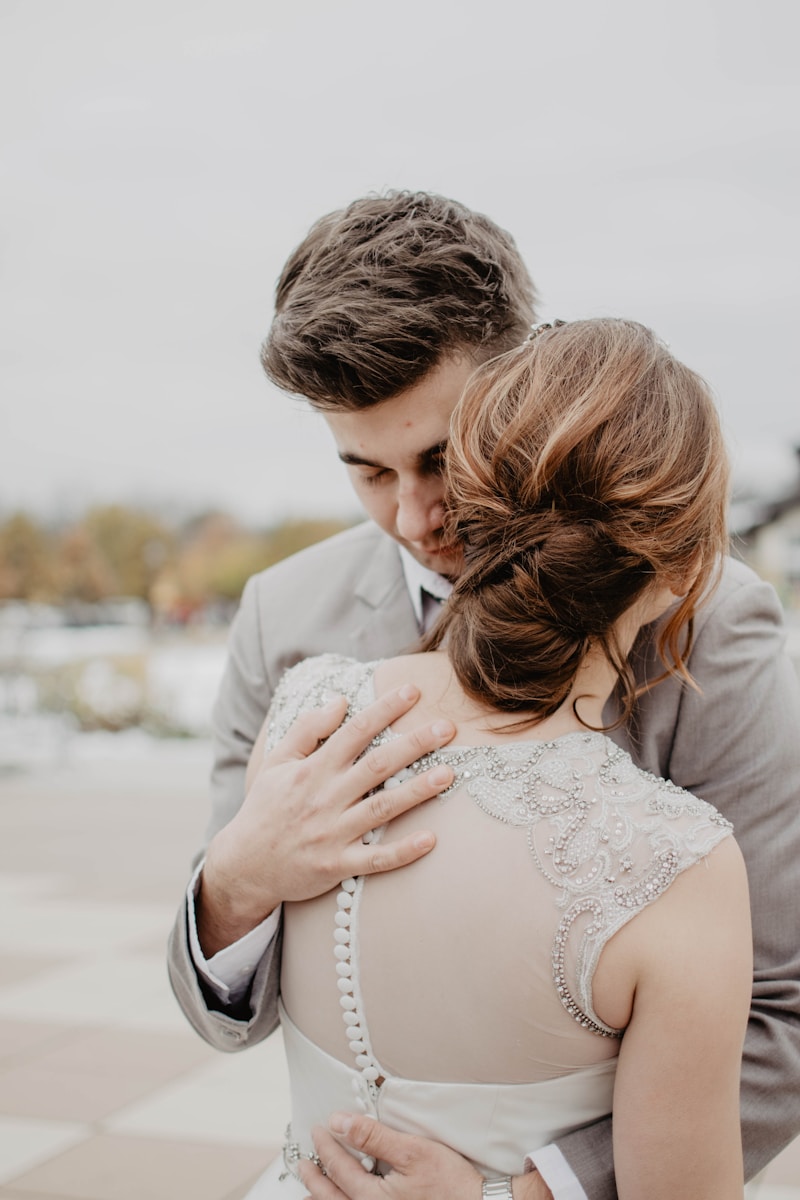Embracing Regenerative Wedding Fashion Practices for a Sustainable Future
Embracing Regenerative Wedding Fashion Practices for a Sustainable Future
In recent years, the conversation around sustainability has expanded into various sectors, including the world of weddings. As couples strive to celebrate their love while being conscious of their environmental impact, regenerative wedding fashion practices have emerged as a powerful way to marry style with sustainability. This article will explore the concept of regenerative fashion, its implications for wedding attire, and actionable steps couples can take to make their nuptials eco-friendly.
Understanding Regenerative Wedding Fashion
Regenerative wedding fashion encompasses practices that not only reduce harm to the environment but also actively contribute to ecological restoration. Unlike traditional sustainable fashion, which focuses primarily on minimizing negative impacts, regenerative fashion actively seeks to repair and enhance ecosystems. Here are some fundamental principles:
- Resourcefulness: Utilizing existing materials and resources to create new products.
- Regenerative Materials: Using organic, biodegradable, or recycled fabrics that improve soil health and biodiversity.
- Local Production: Supporting local artisans and reducing carbon footprints through minimized transportation.
- Transparency: Prioritizing brands that are open about their production processes and supply chains.
The Importance of Regenerative Practices in Wedding Fashion
Weddings can be lavish affairs where the environmental impacts can be significant—from the materials used in clothing to the waste produced during the event. By choosing regenerative wedding fashion, couples can significantly reduce their carbon footprint and promote environmental responsibility. Here are some core benefits:
- Promotes Eco-friendly Production: By supporting brands that utilize regenerative practices, couples help promote eco-friendly production methods.
- Encourages Circular Fashion: Regenerative practices often embrace circular fashion concepts, encouraging reuse and recycling.
- Reduces Waste: Choosing rental services or pre-loved wedding attire minimizes waste and overproduction.
Innovative Approaches to Wedding Attire
Couples have a plethora of options for implementing regenerative fashion practices in their wedding attire. Below are some innovative approaches:
| Approach | Description |
| Rental Services | Utilizing wedding dress rental services reduces waste and makes high-quality fashion accessible. |
| Upcycled Fashion | Transforming vintage garments or leftover fabrics into unique wedding attire promotes creativity and sustainability. |
| Local Artisans | Partnering with local designers for bespoke dresses ensures a smaller carbon footprint and supports the community. |
| Sustainable Fabrics | Choosing materials like organic cotton, silk, or Tencel that are produced with regenerative farming practices. |

Incorporating Regenerative Practices into Wedding Events
Beyond attire, couples can transform their entire wedding event into a regenerative celebration. Here are some tips:
- Conscious Invitations: Consider digital invitations to minimize paper waste or use seed paper that can be planted afterward.
- Sustainable Venues: Opt for venues committed to sustainability—look for places that prioritize solar energy and efficient waste management.
- Plant-based Catering: Offer a menu focusing on local, organic plant-based foods that reduce the ecological impact of food transport.
- Eco-friendly Décor: Use biodegradable, locally-sourced, or rented decorations to minimize waste.
The Role of Community and Local Resources
Incorporating regenerative practices can also involve engaging the local community. Collaborative smaller groups of local businesses can support eco-friendly weddings, allowing partners to access various sustainable resources and services in one place. Here are some community actions to consider:
- Local Markets: Support farmers' markets for fresh flowers and food, cutting down transportation emissions.
- Collaborative Events: Work with local artisans for workshops on creating sustainable wedding pieces.
- Awareness Campaigns: Engage guests in sustainability campaigns or initiatives during the wedding.
By integrating local resources, couples not only reduce their environmental impacts but foster community relationships that enhance the meaning of their wedding day.
Frequently Asked Questions About Regenerative Wedding Fashion Practices
1. What are some examples of regenerative wedding fashion brands?
Brands such as Reformation, Oxfam Weddings, and Christy Dawn focus on sustainable materials and ethical practices. Look for those who emphasize regenerative methodologies.
2. How can I find a local designer for my wedding attire?
Platforms like Etsy facilitate connections between couples and local artisans. Additionally, social media can help individuals find designers in their area.
3. Are rental services expensive?
Typically, rental services offer a more cost-effective option compared to purchasing new wedding attire or accessories, especially for unique designer pieces.
4. Can I still be trendy while choosing sustainable options?
Absolutely! Many sustainable brands prioritize style as much as ethics, allowing couples to look chic without compromising values.
Conclusion: A Beautiful Beginning for a Sustainable Journey
The adoption of regenerative wedding fashion practices ushers in a new era of celebrating love that is both stylish and sustainable. Couples can enhance their wedding experience by being mindful of their choices, from attire to venue, contributing positively to the planet while setting a precedent for future generations. As you plan your special day, remember that every small choice adds up, leading to a more environmentally friendly world. Embrace this journey together and let your love story inspire others to consider regenerative practices.
Ultimately, incorporating regenerative principles into your wedding can not only align the celebration with your values but also create lasting memories that contribute to a healthier planet.
